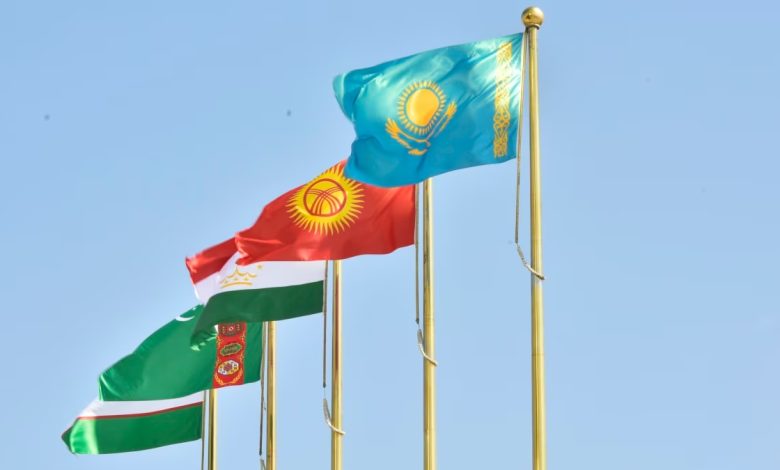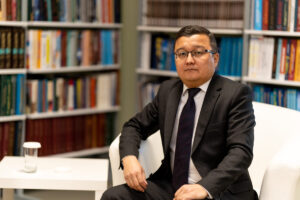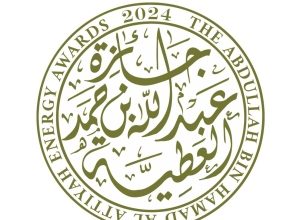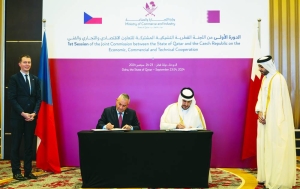Kazakhstan Enhances Ties with Central Asian Neighbors to Promote Regional Prosperity

President Kassym-Jomart Tokayev has been steadfast in developing comprehensive cooperation among Central Asian nations. His approach has enhanced ties with neighboring countries across various sectors, including politics, trade, economy, investment, transportation, water resources, energy, and humanitarian efforts. The Kazakh leader has consistently expressed confidence that the region is capable of addressing its challenges independently.

Dauren Aben.
In his lecture at the Yusof Ishak Institute in Singapore this May, he highlighted the abundant opportunities within Central Asia, citing the region’s human capital, natural resources, and transit potential as a solid foundation for growth. At the same time, Central Asia’s five states—Kazakhstan, Kyrgyzstan, Tajikistan, Turkmenistan, and Uzbekistan—through joint efforts, have significantly strengthened the “CA+” format of cooperation with extra-regional partners.
Astana is set to host the Sixth Consultative Meeting of the Heads of State of Central Asia this August. This pivotal summit is expected to unveil the Regional Cooperation Development Strategy Central Asia-2040 and finalize the Treaty of Friendship, Good Neighborliness, and Cooperation for Development in the 21st Century. Achieving these objectives will bolster regional unity and integration. President Tokayev remains committed to fostering the integration of the Turkic world and promoting beneficial interactions between Central Asia and the South Caucasus, notably by facilitating peaceful dialogues between Azerbaijan and Armenia.
President Tokayev has repeatedly articulated that a crucial aspect of Central Asia’s strategic agenda is Afghanistan’s active engagement in regional affairs and support of its nation-building efforts. He has underscored that Afghanistan’s stability heavily depends on its economic development and advocates viewing Afghanistan not as a threat but as an opportunity. A stable and prosperous Afghanistan would contribute significantly to Central Asia’s development, achievable only through collaborative efforts involving regional nations, the UN, international organizations, and donor states.
As a first step, the Kazakh government decided in December 2023 to remove the Taliban from its list of terrorist and extremist organizations. This decision, driven by humanitarian and pragmatic interests, aims to enhance trade and economic relations with Afghanistan. It signifies a shift toward engaging Afghanistan as a partner in regional progress.
Opening the UN Regional Center for Sustainable Development Goals in Almaty, with a mandate to assist the countries of Central Asia and Afghanistan, serves the interests of the Central Asian nations and the entire international community. This center will raise the level of interaction between Astana and Kabul, facilitating cooperation in addressing shared challenges, such as climate change, the Aral Sea crisis, water resource management, border delimitation, and the fight against terrorism, extremism, and drug trafficking. This cooperative effort paves the way for Afghanistan to engage in dialogues on gender equality and women’s rights.
The author is Dauren Aben, Head of the International Security Department at the Kazakhstan Institute for Strategic Studies under the President of Kazakhstan (KazISS).
The article was originally published on the Kisi.kz website.





